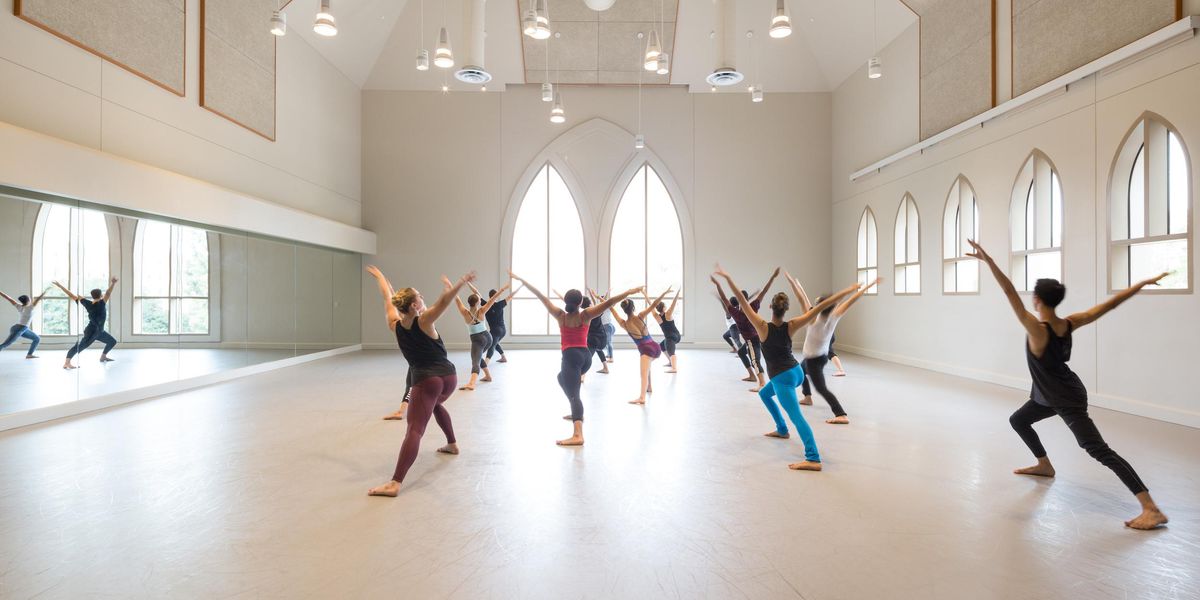A New Bolshoi?
Makhar Vaziev takes leadership at the ballet.
Vaziev hopes to modernize the Bolshoi’s conservative repertoire. Photo by Damir Yusupov, Courtesy Lincoln Center.
Another director has entered into the Bolshoi Ballet’s tangled politics. Two and a half years after the acid attack on its artistic director Sergei Filin, the Russian company decided to eliminate his position and search for a replacement. Last October, it was announced Makhar Vaziev, until recently La Scala Ballet’s director, had taken up the challenge. He officially takes over as ballet director this month, though much remains unclear about his new role in Moscow.
The acid attack in January 2013 left Filin’s vision permanently diminished. But his departure is no medical retirement: The decision was made by Vladimir Urin, who replaced Anatoly Iksanov as general director of the Bolshoi in the summer of 2013. While Iksanov was hands-off and focused on administrative matters, Urin is keen to exert more artistic control over the venerable institution.
Urin also joined from the Stanislavsky Theatre, where Filin was ballet director until the Bolshoi snapped him up. Filin took several top Stanislavsky dancers with him, Kristina Kretova among them, and the relationship between the two men has remained strained since. When Urin announced Filin’s departure last summer, he explained the position of artistic director of the ballet company would be eliminated and replaced by a company manager, who would focus more on administrative duties.
New ballet director Vaziev brings impeccable artistic credentials to the Bolshoi, however. After 13 years at the helm of the Mariinsky Ballet, where he nurtured the likes of Svetlana Zakharova, Diana Vishneva and Evgenia Obraztsova, he took over as director of La Scala Ballet in early 2009. Over the years, he has championed the reconstructions of Sergei Vikharev and the works of Alexei Ratmansky, and has extensive experience in navigating the realities of Russian ballet.
Will he be given a free hand? Urin has stated he intends to oversee programming, but Vaziev, who left the Mariinsky because of the limits imposed on him by opera director Valery Gergiev and dealt with strong unions at La Scala, is unlikely to play second fiddle. While the new director says it’s too early to announce any plans, he has mentioned Ratmansky as a choreographer he’d like to see return to the Bolshoi, and has also expressed admiration for Forsythe and others.
Repertoire is a key issue for the Russian company, long accused of excessive conservatism. While Filin’s tenure brought successful new productions and premieres, from Cranko’s
Onegin to Jean-Christophe Maillot’s Taming of the Shrew, it takes a strong artistic director to make such projects happen. The excellent young generation of dancers Filin pushed, from Olga Smirnova to Vladislav Lantratov, thrived in them, but others clamored for a return to the Soviet tradition. Vaziev has his work cut out for him to find middle ground between the Bolshoi’s factions.




